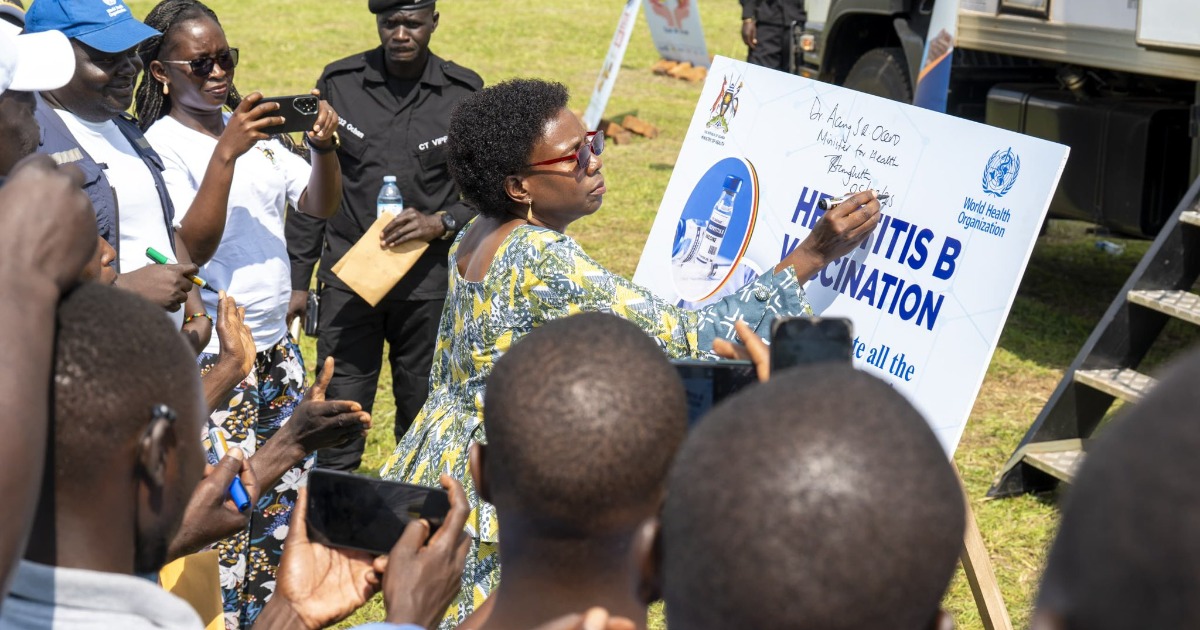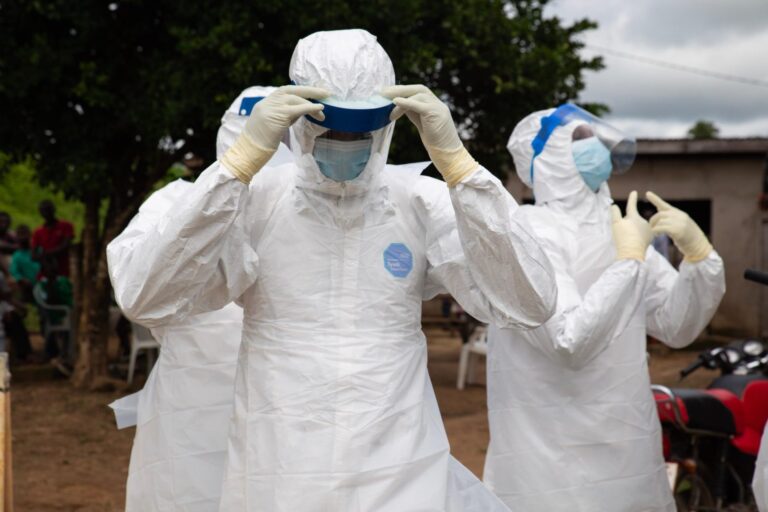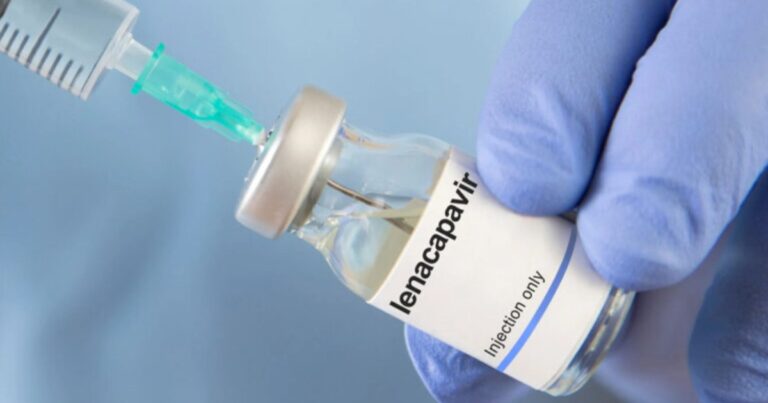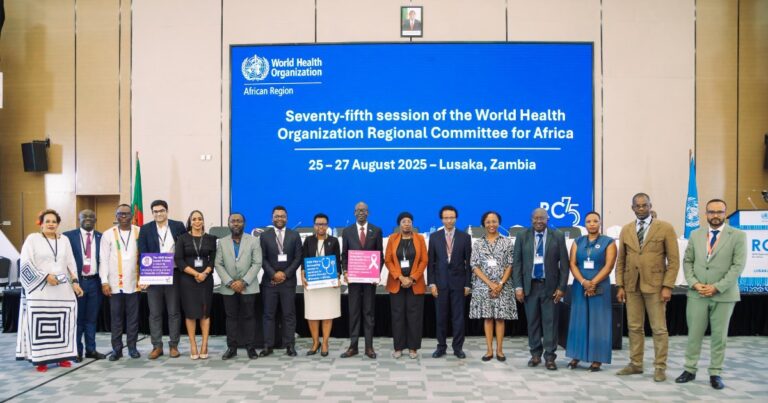The Ministry of Health has officially rolled out the Hepatitis B birth dose vaccine in Pader District, marking a major milestone as Uganda joined the rest of the world to commemorate World Hepatitis Day.
The new vaccine aims to curb mother-to-child transmission of Hepatitis B, a disease that remains highly prevalent in Northern Uganda, particularly in the Acholi Sub-region, which continues to record the country’s highest infection rates.
Northern Uganda Bears Highest Burden of Hepatitis B
According to the Uganda Population-based HIV Impact Assessment Survey, Hepatitis B prevalence in Northern Uganda stands at 9 percent, compared to 5.5 percent in central, 4.8 percent in eastern, 3.8 percent in West Nile, and 2.6 percent in western Uganda.
Despite this high burden, vaccine uptake in Acholi remains low, leaving many families vulnerable. Health experts warn that untreated Hepatitis B often leads to chronic liver disease, cirrhosis, liver cancer, and premature death.
Protecting Newborns from Deadly Liver Disease
Presiding over the launch, Minister of Health Dr. Jane Ruth Aceng highlighted the life-saving potential of the new vaccine.
“This vaccine, given within 24 hours of birth, is one of the most effective ways to prevent mother-to-child transmission of Hepatitis B. By protecting our children right from birth, we are safeguarding the health of future generations,” she said, urging parents to ensure babies complete the full immunization schedule.
Local Statistics Highlight Urgency
The Acting District Health Officer of Pader revealed that during screenings, 5,346 people were tested, of which 244 (5 percent) were confirmed positive. Among those who tested positive, 51 percent were female and 49 percent male. Additionally, 1,940 people received vaccination during the campaign.
Health Leaders Call for Prioritization
Representing the Director General of Health Services, Dr. George Upenytho, Commissioner for Community Health, called on health workers to ensure timely vaccine delivery.
“As we launch this vaccine, I urge health workers to prioritize the timely administration of the first dose. This is a new hope for our children and generations to come,” he stated.
Prof. Ponsiano Ocama of Makerere University, an expert in viral hepatitis and liver diseases, cautioned families against ignoring medical advice, stressing the importance of early detection, screening, and adherence to treatment protocols.
WHO Raises Regional Concerns
The World Health Organization (WHO) also emphasized the urgent need for action, noting that Africa carries the world’s heaviest burden of Hepatitis B and C.
“The African region records about 70 million cases of Hepatitis B or C, the highest globally. Hepatitis, when not detected early and treated, leads to liver cancer. We must intensify our efforts to eliminate it from our communities,” a WHO Field Officer for Northern Uganda warned.
Uganda’s Broader Hepatitis Response
The Ministry of Health noted that alongside the new vaccine rollout, several interventions have been implemented, including:
- Training health workers.
- Conducting public awareness campaigns.
- Offering free screening and treatment in high-burden areas.
This year’s World Hepatitis Day was marked under the theme “Hepatitis: Let’s Break it Down”.
A Decisive Step Toward Elimination
With the Hepatitis B birth dose vaccine now integrated into Uganda’s national immunization schedule, health officials believe the country has taken a decisive step toward protecting newborns and reducing the long-term impact of a disease that has silently devastated communities for decades
Source: Ministry Of Health





